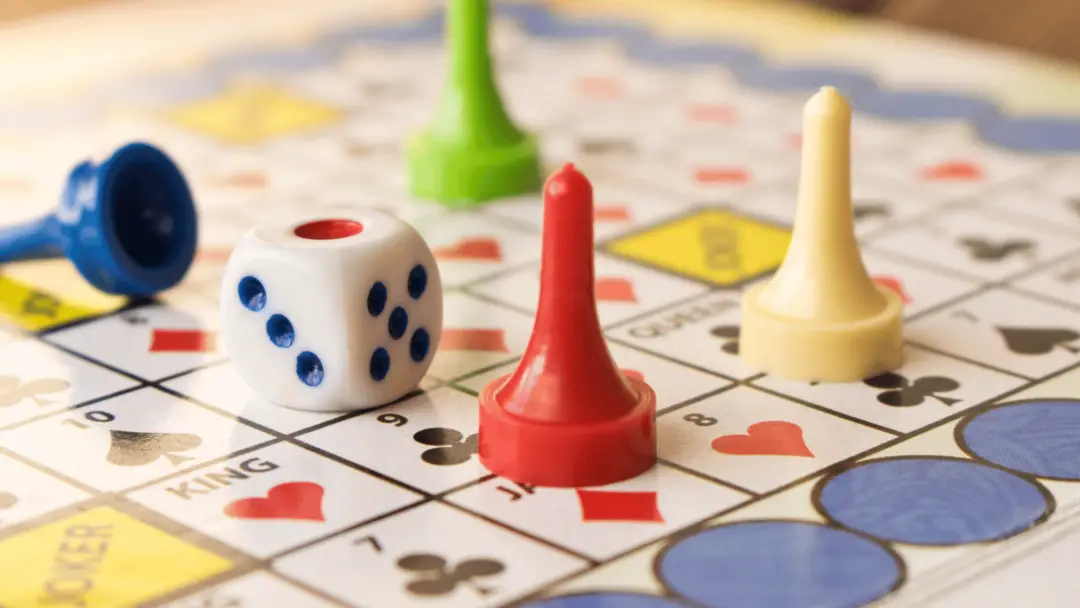Anger is a natural emotion, but managing it effectively is crucial for maintaining mental and physical health. Engaging in hobbies can be a powerful way to channel anger constructively, allowing for a healthy release of pent-up energy and fostering a sense of calm.
Here, we explore a range of hobbies that cater to both physical exertion and relaxation, providing a balanced approach to anger management.
Physical Exertion Activities: Letting Off Steam
Driving Range

- Why it helps: Swinging a golf club at a driving range can be incredibly cathartic. The physical exertion required to hit the ball hard helps release built-up tension, and the focus needed to aim and improve your swing can distract from anger.
- Getting started: Most communities have a local driving range. All you need is a set of golf clubs (often available for rent at the range) and some golf balls.
Boxing

- Why it helps: Boxing provides a full-body workout and an excellent way to release aggression in a controlled environment. The physical intensity of punching a bag or sparring with a partner can significantly reduce stress and anger.
- Getting started: Many gyms offer boxing classes, or you can purchase a punching bag and gloves to use at home.
Running

- Why it helps: Running is a straightforward way to burn off anger-induced adrenaline. It also triggers the release of endorphins, which can improve your mood and help clear your mind.
- Getting started: Lace up a pair of good running shoes and hit the pavement or find a nearby trail. Start with short distances and gradually increase your mileage.
Weightlifting

- Why it helps: Weightlifting focuses both the mind and body. The act of lifting weights requires concentration and physical strength, providing a productive outlet for frustration.
- Getting started: If you’re new to weightlifting, consider joining a gym with trainers who can help you develop a safe and effective routine.
Calming Activities: Encouraging Relaxation
Meditation

- Why it helps: Meditation encourages mindfulness and helps in recognizing and understanding the root causes of anger. Regular practice can lead to greater emotional regulation and inner peace.
- Getting started: There are many apps and online resources for guided meditation. Set aside a quiet space and a few minutes each day to practice.
Yoga

- Why it helps: Yoga combines physical movement with breath control, which can help reduce stress and promote relaxation. It teaches body awareness and mindfulness, aiding in managing emotional responses.
- Getting started: Join a local yoga class or follow online videos. Start with beginner-friendly poses and gradually advance as you become more comfortable.
Gardening

- Why it helps: Gardening connects you with nature, providing a peaceful environment to reflect and calm down. The physical activity involved is moderate, making it a relaxing yet engaging hobby.
- Getting started: Begin with a small garden plot or even a few potted plants. Research plants that are easy to care for and suitable for your climate.
Painting or Drawing

- Why it helps: Creative expression through painting or drawing can be therapeutic. It allows you to focus on the act of creation, which can be a healthy distraction from anger.
- Getting started: Purchase some basic art supplies and set up a dedicated space for your artwork. There are plenty of tutorials available online to help you get started.
Finding Your Balance
Combining physical exertion and calming activities can create a well-rounded approach to anger management. For example, you might go for a run to blow off steam and then engage in a meditation session to calm your mind.
By experimenting with different hobbies, you can find what works best for you and develop a personalized strategy to manage anger effectively.
Incorporating these hobbies into your routine not only helps manage anger but also improves overall well-being.
Whether you’re swinging a golf club, practicing yoga, or tending to a garden, these activities provide healthy outlets for your emotions and contribute to a more balanced, peaceful life.
The Benefits of Hobbies for Managing Anger and Coping with Difficult Emotions

Engaging in hobbies can significantly improve one’s ability to manage anger and cope with difficult emotions. Here are some key benefits:
Stress Relief and Emotional Release
- Catharsis: Physical hobbies like running, boxing, or playing sports provide an outlet for releasing built-up tension and anger. The act of physical exertion helps to dissipate negative energy and reduces the physiological arousal associated with anger.
- Creative Expression: Hobbies such as painting, writing, or playing a musical instrument allow for the expression of emotions in a non-verbal manner. This creative release can help in processing and understanding feelings.
Distraction and Focus
- Mindfulness and Concentration: Activities like gardening, woodworking, or solving puzzles require focus and attention, diverting the mind from negative emotions. This shift in focus can provide a mental break from distressing thoughts.
- Immersion: Engaging deeply in a hobby can lead to a state of flow, where one becomes fully immersed in the activity. This immersive experience can provide temporary relief from emotional turmoil.
Sense of Accomplishment and Confidence
- Achievement: Completing a project or improving a skill through a hobby can lead to a sense of accomplishment and boost self-esteem. This positive reinforcement can counterbalance feelings of frustration and anger.
- Mastery: Developing proficiency in a hobby provides a sense of control and mastery, which can be empowering and improve overall emotional resilience.
Social Connection and Support

- Community: Many hobbies, such as team sports, book clubs, or crafting groups, offer opportunities for social interaction and support. Building connections with others who share similar interests can provide a sense of belonging and reduce feelings of isolation.
- Shared Experiences: Engaging in hobbies with others can create shared experiences and memories, strengthening relationships and providing a support network during difficult times.
Relaxation and Calm
- Mind-Body Connection: Hobbies like yoga, tai chi, and meditation promote relaxation and a calm mind through the connection of breath and movement. These activities can reduce stress hormones and promote a sense of inner peace.
- Nature and Serenity: Activities such as hiking, bird watching, or gardening connect individuals with nature, which has been shown to have calming and restorative effects on the mind.
- Check out our Huge List of Coping Skills for more great calming ideas.
Self-Discovery and Personal Growth
- Introspection: Reflective hobbies like journaling or meditative practices encourage introspection and self-awareness. This can lead to a better understanding of the root causes of anger and other difficult emotions.
- Personal Development: Engaging in a variety of hobbies can expose individuals to new experiences and challenges, fostering personal growth and resilience.
Practical Tips for Incorporating Hobbies into Daily Life

- Start Small: Begin with manageable time commitments and gradually increase as you become more comfortable with the activity.
- Schedule Regular Time: Set aside specific times each week dedicated to your hobbies to ensure consistency and routine.
- Mix Physical and Calming Activities: Balance high-energy hobbies with more relaxing ones to address different aspects of emotional well-being.
- Join Groups or Classes: Consider joining local clubs or classes to enhance the social aspect of your hobbies and gain additional support and motivation.
- Be Patient: Developing new skills and finding the right hobby may take time. Be patient with yourself and open to exploring different activities until you find what works best for you.
Incorporating hobbies into your routine not only helps manage anger and difficult emotions but also enriches your life with joy, creativity, and connection. By finding activities that resonate with you, you can build a healthier, more balanced approach to emotional well-being.





